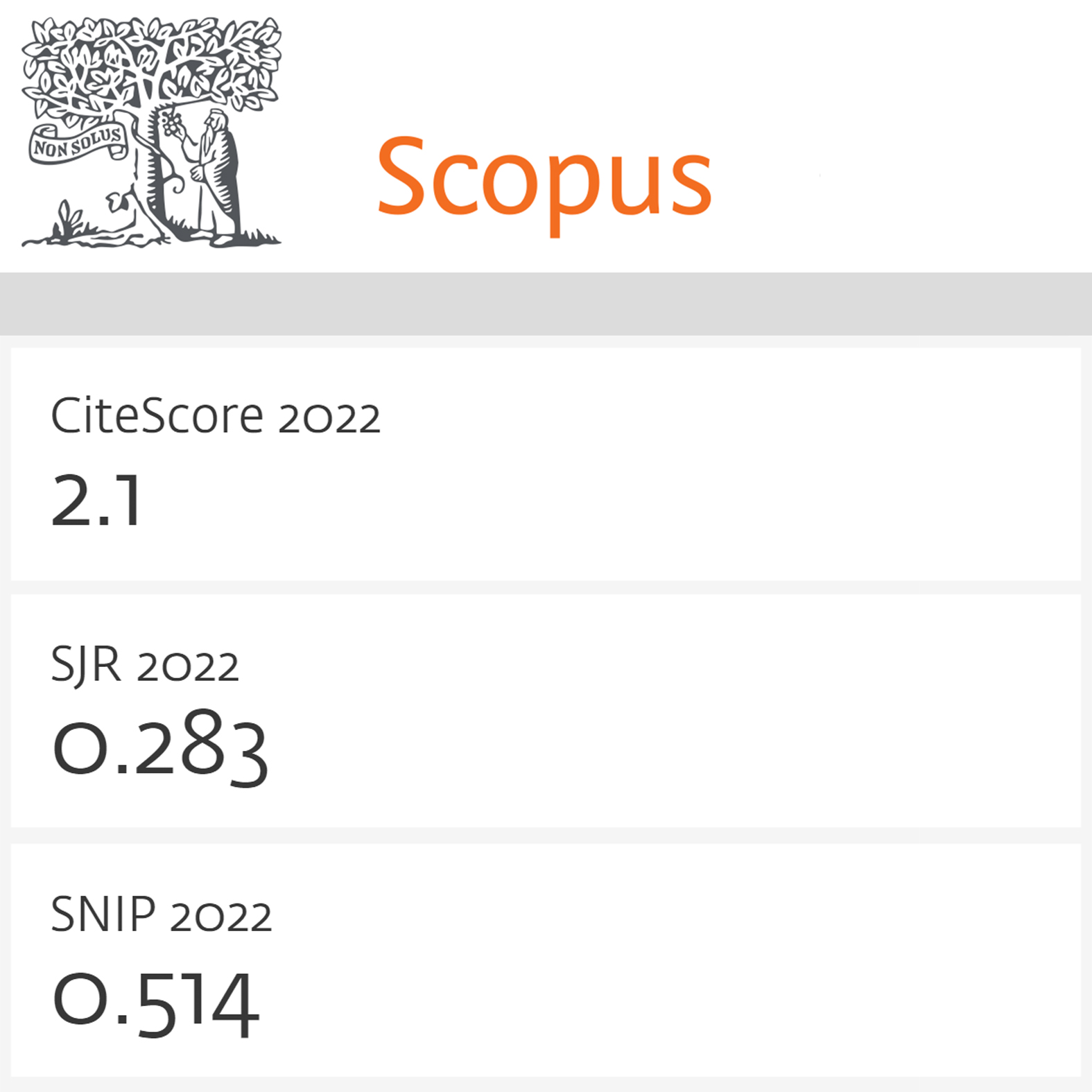A method of resolving functions for one class of pursuit problems
DOI:
https://doi.org/10.15587/1729-4061.2015.39355Keywords:
differential pursuit games, differentialdifference equations, a method of resolving functions / a resolving functions methodAbstract
We have considered a pursuit game with one escapee and one pursuer. The managed conflictprocess is describedin the system of differentialdifference equations of a neutral type. Such equations contain an unknownfunction and its derivatives at different points of time and have not been applied in the theory of differential games yet. Effective in solving particular pursuit game tasks is a resolving functions method that is closely related to L. S. Pontryagin’s first direct method and commonly used in regular differential games and differential-difference games of a delayed type. We have devised a modified method of resolving functions for differentialdifference pursuit games of a neutral type. In the pursuit process, there exists a switch-over point that starts the catch time. This proves that the escapee’s errors do not affect the guaranteed time of the game end, which is calculated and set in advanceby the process parameters.The study has revealed adequate conditions for the process parameters that allow finishing the game within the fixed end time.
The class of the known differential pursuit games can be expanded by the formulated pursuit task, whose process is described in the system of differentialdifference equations of a neutral type, and the devised scheme of the resolving functions method. This facilitates further consideration of such processes in the pursuit task with non-fixed time, objects of various inertia, and integral restrictions.
References
- Chikrii, А. А. (1992). Conflictno Upravlyaemye Processy. Кiev: Naukova Dumka, 384.
- Chikrii, A. A. (2000). On a method of pursuit in «trachs». Dop. Nats. AN Ukr., 6, 109–113.
- Izecs, Р. (1967). Differentsialnie igry. Moscow: Mir, 480.
- Krasovskii, N. N. (1970). Igrovye zadachi o vstreche dvizheniy. Мoscow: Nauka, 420.
- Krasovskii, N. N. (1988). Game-theoretical control problems. N. Y.; Berlin: Springer-Verlag, 517. doi: 10.1007/978-1-4612-3716-7
- Pschenitchny, B. N. (1973). ε-Strategies in differential games. Topics in Differential Games. New York; London; Amsterdam: North Holland, 45–99.
- Pontryagin, L. S. (1967). Lineynye defferentsialnye igry. DAN SSSR, 174 (6), 1278–1281.
- Nikolsky, М. S. (1984). Perviy pryamoy metod L. S. Pontryagina v differentsialnykh igrakh. Мoscow: Izd. MGU, 65.
- Chikrii, A. A. (1997). Conflict-Controlled Processes. Boston; London; Dordrecht: Kluwer Acad. Publ, 427. doi: 10.1007/978-94-017-1135-7
- Chikrii, A. A. (1996). Quasilinear Controlled Processes under Conflict. Journal of Mathematical Sciences, 80 (1), 1489–1518. doi: 10.1007/bf02363923
- Chikrii, A. A., Rappoport, J. S. (1995). Quasilinear Guaranteed Result in Differential Games with Terminal Payoff. New Trends in Dynamic Games and Applications, 3, 323–330. doi: 10.1007/978-1-4612-4274-1_16
- Baranovskaya, L. V., Baranovskaya, G. G. (1997). O differentsialno-raznostnoy igre gruppovogo presledovaniya. Dopovidi Natsionalnoii academii nauk Ukrainy, 3, 12–15.
- Baranovskaya, L. V. (2014). Lokalnaya differentsialnaya igra sblizheniya s zapazdyvayuzchim argumentum I fiksirovannyn vremenem. Materialy ІІІ Mezdunarodmoy conf. «Fundamental and applied sciences today III». North Charlston, USA, 2, 129–131.
- Baranovskaya, L. V. (2015). Ob odnom klasse differestialno-raznostnykh igr gruppovogo sblizheniya s nefiksirovannym vremenem. Nauka i mir, 1/2 (18), 10–12.
- Chikrii, A. A. (1993). Funtsionali Minkovskogo v teorii presledovaniya. Doklady RAN, 329 (3), 281–284.
- Tukhtasinov, M., Ibragimov, G., Mamadaliev, N. O. (2013). On an invariant set in the heat conductivity problem with time lag. Abstract and Applied Analysis, 2013, 1–7. doi: 10.1155/2013/108482
- Liubarshchuk, I., Althofer, I. (2015). The problem of approach in differential-difference games. International Journal of Game Theory. doi: 10.1007/s00182-015-0467-9
- Hovakimyan, N., Harutunian, L. (1999). Game problems on rotation surfaces. International Journal of Mathematics, Game Theory and Algebra, 2, 117–129.
- Bellman, Р., Kuk, K. (1967). Differetsialno-raznostnye uravneniya. Дифференциально-разностные уравнения. Мoscow: Mir, 254.
- Ioffe, А. D., Tihomirov, V. M. (1974). Teoriya ekstremalnykh zadach. Мoscow: Nauka, 479.
Downloads
Published
How to Cite
Issue
Section
License
Copyright (c) 2015 Леся Валериевна Барановская

This work is licensed under a Creative Commons Attribution 4.0 International License.
The consolidation and conditions for the transfer of copyright (identification of authorship) is carried out in the License Agreement. In particular, the authors reserve the right to the authorship of their manuscript and transfer the first publication of this work to the journal under the terms of the Creative Commons CC BY license. At the same time, they have the right to conclude on their own additional agreements concerning the non-exclusive distribution of the work in the form in which it was published by this journal, but provided that the link to the first publication of the article in this journal is preserved.
A license agreement is a document in which the author warrants that he/she owns all copyright for the work (manuscript, article, etc.).
The authors, signing the License Agreement with TECHNOLOGY CENTER PC, have all rights to the further use of their work, provided that they link to our edition in which the work was published.
According to the terms of the License Agreement, the Publisher TECHNOLOGY CENTER PC does not take away your copyrights and receives permission from the authors to use and dissemination of the publication through the world's scientific resources (own electronic resources, scientometric databases, repositories, libraries, etc.).
In the absence of a signed License Agreement or in the absence of this agreement of identifiers allowing to identify the identity of the author, the editors have no right to work with the manuscript.
It is important to remember that there is another type of agreement between authors and publishers – when copyright is transferred from the authors to the publisher. In this case, the authors lose ownership of their work and may not use it in any way.









